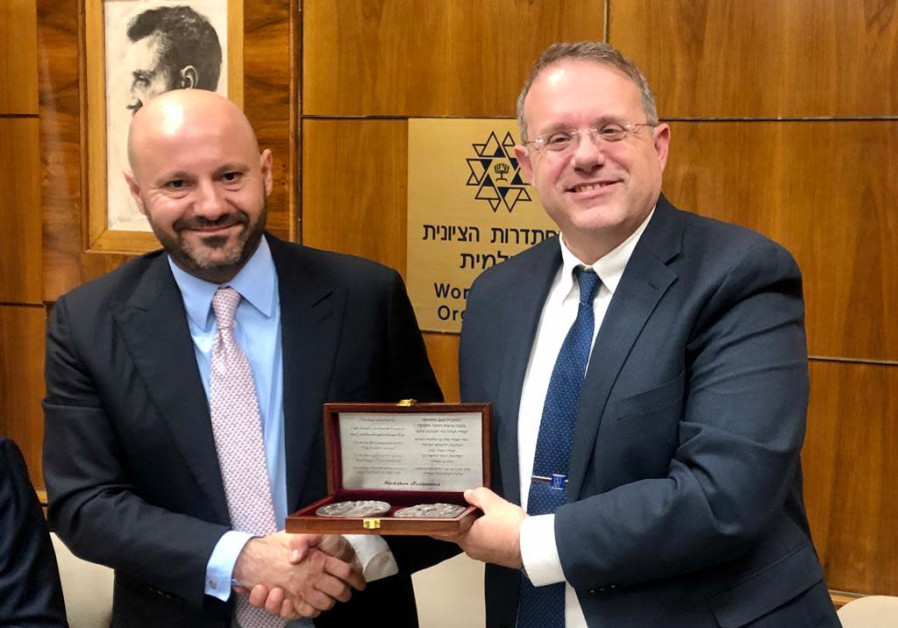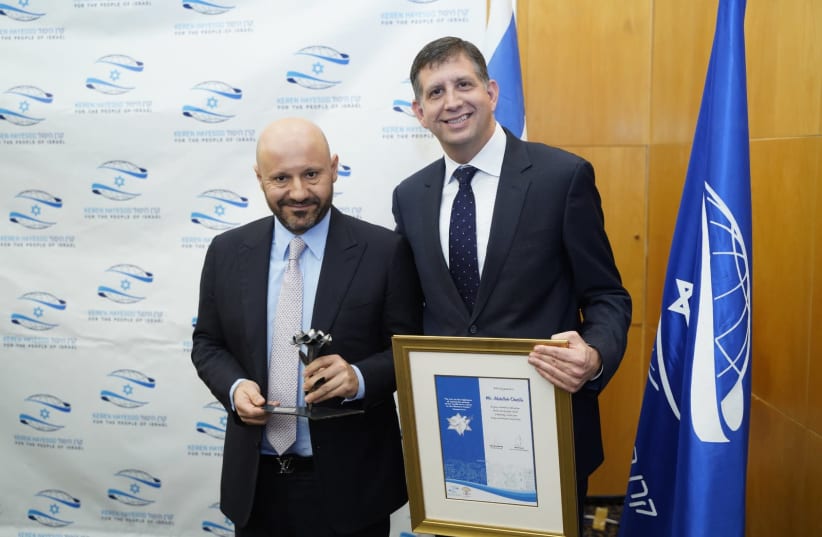
Lebanese man who gave Nazi items to Israel: Antisemitism out in the open
Abdallah Chatila, who bought €600,000 worth of Nazi-era items to stop them falling into the hands of neo-Nazis and Nazi sympathizers who would use them to glorify Hitler and his genocidal regime.

